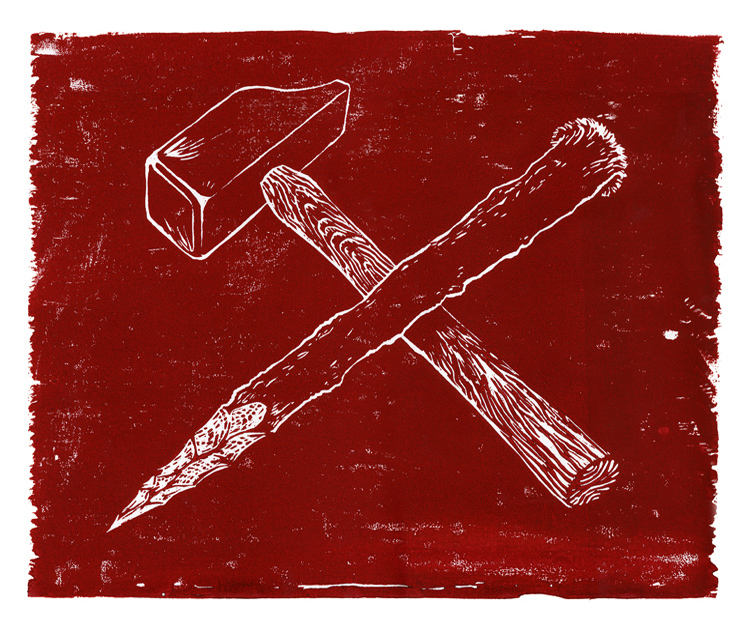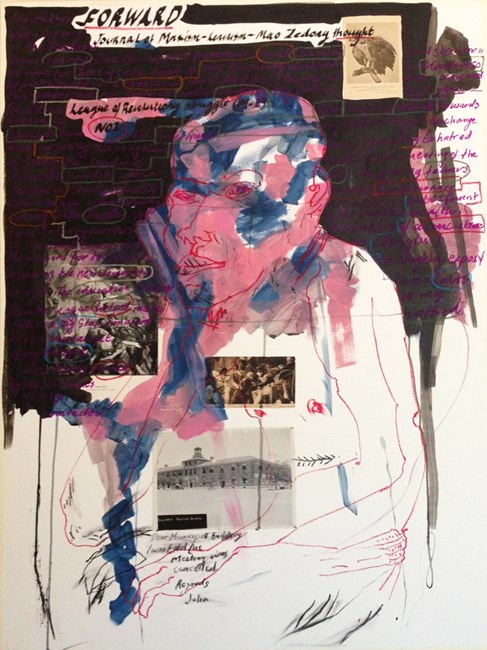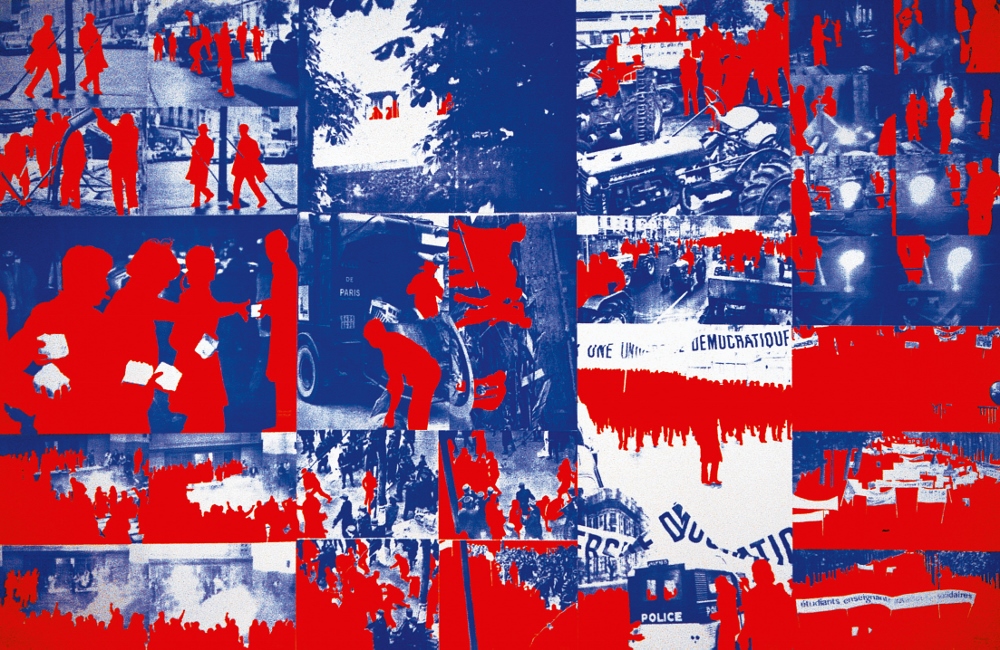“Communism—the effort to give all men what they need and to ask of each the best they can contribute—this is the only way of human life… In the end communism will triumph.
I want to help bring that day.” – W.E.B. Du Bois

“Capital is dead labor, which, vampire-like, lives only by sucking living labor, and lives the more, the more labor it sucks.” – Karl Marx
What Is To Be Done? A Dialogue on Communism, Capitalism, and the Future of Democracy – Alain Badiou and Marcel Gauchet
I maintain that the historical experience of communism, which was incidentally multifaceted and fragmented, does not provide a conclusive argument against the Idea itself. There’s no reason to turn that experience into a historical trial of the communist perspective. We’re talking about a sequence that extends roughly from 1917 to 1989. Seventy years: that’s much shorter than the Spanish Inquisition, which also used means that were incompatible with Christian belief but has never been considered, as far as I’m aware, as an experience that wholly and definitively encompassed and discredited that religion. History can’t be used to disqualify the Idea forever.
My approach involves distinguishing between three stages. There’s the communism of the nineteenth century, when the Idea was formulated, by Marx and others. There’s the communism of the twentieth century, when, having been put into practice under state control, it was tenuous or distorted. We need to write our own assessment of this perversion, and the lesson to be learned from such an error can be summed up in one sentence: communism is an Idea that’s too grand to be entrusted to a state. As Marx himself said, the overall disposition of communism is incompatible with the methods, existence, and development of a state power that is moreover militarized and despotic due to its insurrectional, revolutionary, and violent origins. Finally, there’s the third stage of the periodization: a new sequence, still in its infancy, is beginning in the early years of the twenty-first century. We’re at a crossroads, in a period of great ferment that’s strongly reminiscent of the late 1840s. In this general context, as often happens, a very big step backward is needed in order to make a new leap forward. This means going back to the original communism and salvaging the basic characteristics of the Idea itself so as to adapt it appropriately to the modern world. Now more than ever, we can, we must, and we will reactivate the communist hypothesis.
I give the word “hypothesis” a technical meaning, similar to the one it has in epistemology. A hypothesis, in this instance, isn’t a more or less fanciful assumption of the mind, a more or less credible invention of the imagination. No, I mean “hypothesis” in the experimental sense, as a general scheme of thought that can give rise to concrete experiences and can thus be gradually embodied and verified. This meaning is closely akin to another part of my culture, my militant commitment. The communist hypothesis thus refers to the possibility and testing out of a scheme provided by the Idea – the communist Idea.
First, “communism” is the name of the conviction that it’s possible to extricate the becoming of all humanity from the evil grip of capitalism. The still absolutely critical importance of private property, the uncontrolled interplay of competing interests, the frantic pursuit of profit as the sole law of economic activity, the diktats of economic and financial monopolies: all this has spawned inequalities as undeniable as they are monstrous. We were talking about the pathological nature of “totalitarian” societies, but isn’t the current neoliberal world just as pathological? Today, 10 percent of the world’s population possesses 86 percent of the resources. One percent of the world’s population owns 46 percent of those same resources. Those are the official figures, and they will continue to grow. Is a world like that tolerable? No. Accepting it is out of the question. Freeing the collective space from capital’s pernicious control would be the first level of the definition. Second, “communism” denotes the hypothesis that the state, a coercive apparatus distinct from society but allowed by it into its existence and reproduction, is not a natural, inevitable form of the structuration of human societies. We can and we must do without it. This is related to the notion of the withering away of the state in the classical Marxist tradition. Third, “communism” means that the division of labour (with the divisions it implies between tasks of execution and management, between manual and intellectual labour, and so on) is in no way an absolute necessity for organizing economic production.
When combined, these three points make up a comprehensive alternative to the development of human history up to the present. Thus, “communism” will denote the possibility and pursuit of the unification, in a real historical process, of these three dimensions: the deprivatization of the production process, the withering away of the state, and the reunification and polymorphism of labour.
The bearers of the communist Idea are characterized by an ability to communicate what the next step is. This is a tactical issue in that communists are responsible for saying what the immediate future might look like. It’s not their job to present great rapturous scenes of the coming paradise or to hold forth at every opportunity on the ideal society that may never come to pass . . . Let’s leave that to utopians of all persuasions. No, communists must define what political forms are possible with regard to the current situation. If there’s a failure to present a credible picture of the next step, then every revolutionary movement will lead to a dead end.

Communism, the Word – Jean-Luc Nancy
Not the word before the notion, but the word as notion and as historical agent.“Communism” is a word with a strange story. It is very difficult to rigorously trace its origin. Nevertheless, it is sure that the word “communist” existed already in the XIVth century, with the meaning of “people having in common a property belonging to the category of main morte – that is, not being submitted to the law of heritage”: a monastery belongs to the community of the Monks, which is, as community, independent from the individuals. It seems that at the same time and even before, from the XIIth century, the same word designated some aspects of communal law and was linked to the communal movement which expanded as the beginning of a bourgeoisie. Later, namely in the XVIIIth century, the word appears in a text written by Victor d’Hupay de Fuveau in 1785 – four years before the French revolution. It designates the project or the dream to found a community of life – which precisely is supposed to replace that of the Monks.
 Loading…
Loading…
